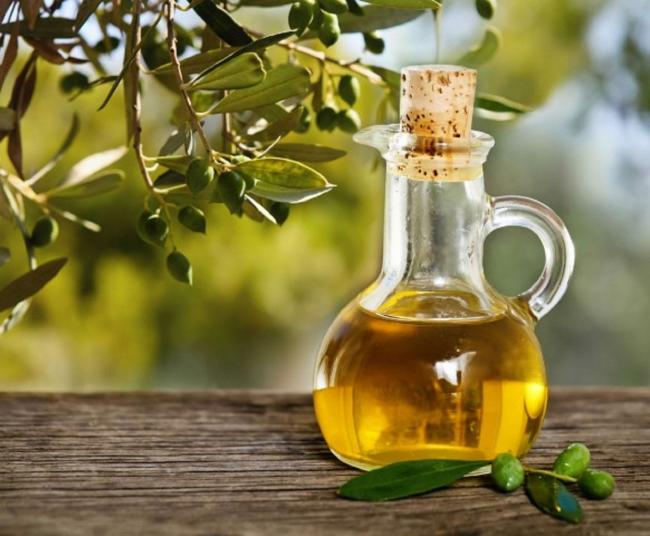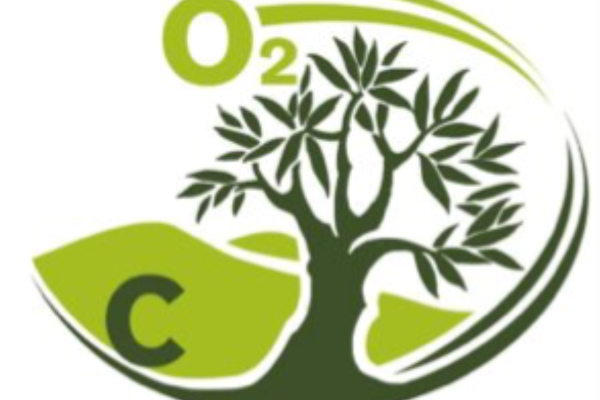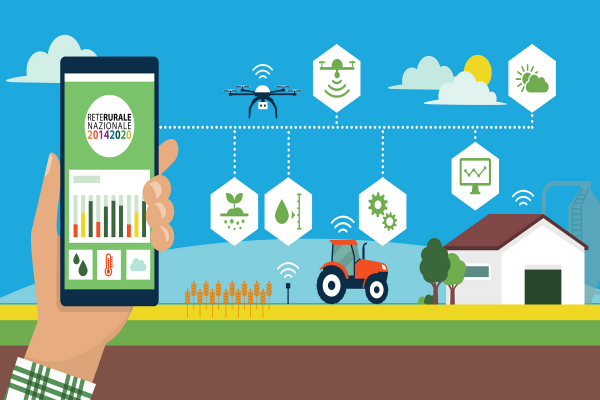The recovery of Tuscany's olive heritage: action to combat climate change for CO2 storage

Applying and validating a management model and innovative technical tools to recover and put back into production abandoned olive groves, enhancing at the same time the carbon uptake of the agroecosystem while respecting the environment. To encourage the sustainability process of the entire recovery process, the plan proposes
- Recovery of abandoned areas through the implementation and validation of a specific organizational and contractual model for owners
- An innovative protocol will be tested and applied to specifically evaluate the impacts of the application of precision agriculture to counteract the abandonment of cultivation
- Innovative agronomic techniques will be applied and transferred to increase the quality and the quantity of production as well as to improve soil fertility, organic substance maintenance and carbon stocks, increasing at the same time farmer’s income with respect to business as usual techniques.
- Involvement of two pilot farms for the application and transfer of the methodologies
The Montalbano area have undergone a strong abandonment in terms of surface (about 1,000 ha have passed to other land uses from 1954 to today) and density (approximately 4,800 ha have a planting density of less than 300 plants / ha). This situation derives from factors such as the location of the olive groves in inaccessible and / or marginal areas, an unreasonable management of the crop, the high costs of the cultivation operations, the lack of adequate management tools. The progressive abandonment of olive growing will have as consequences not only the reduction from production but also the loss of the benefits deriving from the externalities related to this crop (eg less soil erosion, less fire risk, landscape protection, carbon storage, etc.).
The organizational innovation provides that the recovery of the olive groves takes place through a synergistic use of the resources already present in the area (staff, equipment, widespread warehouse, cultivation operations paid to measure and not by the hour, etc.), without the need for new investments. This will determine a flexible management of the crop adapting to the different cultivation, climatic and market conditions with fixed, real and certain costs reduced to the minimum estimated in the GO setting-up phase. Companies will be able to take advantage of this opportunity to supplement their income and make the best use of their often oversized fleet. The same principle applies to the downstream production process since the cooperative has 6 crushing lines capable of processing around 3,000q of olives per day. The feasibility study carried out in the setting-up phase indicates that to reach a profit, the price of the oil must be higher than € 870 / q in realistic yield scenarios and in line with the settlement price paid by the Cooperative to its own conferring members
The management innovation involves the combination of eco-compatible olive tree management protocols (canopy management, optimal time of harvest, organic fertilization, etc.) and techniques innovative, based precision agriculture tools (images remotely sensed by drone and satellite, traps machines for monitoring parasitic attacks, development of models for the production of maps of force) to optimize mechanization, predict the onset of diseases and pests, program the interventions in a targeted and localized way, reducing their environmental impact (in terms of mitigation as well of greenhouse gas emissions) and production costs, increasing incomes
Risultati finali del GO CATChCO2-live
Gestione aziendale, I Gruppi Operativi, Toscana, PEI-AGRI| Titolo/Descrizione | Url | Tipologia |
|---|---|---|
|
Sito web del progetto
|
Sito web
|
|
|
Manuale del progetto CATChCo2-live
|
Materiali utili
|
|
|
Interfaccia web
|
Materiali utili
|
|
|
Relazione Finale
|
Materiali utili
|

